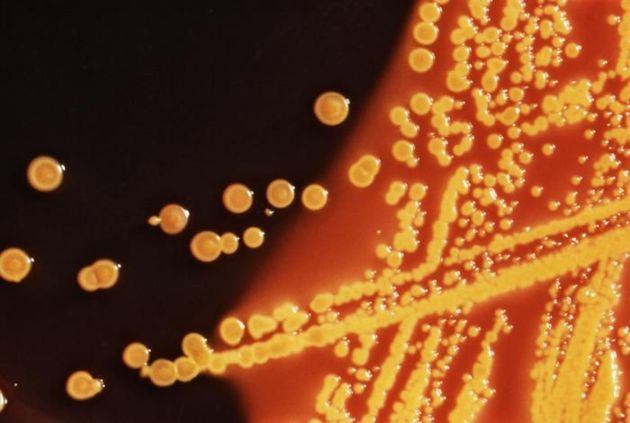Vacuum-packed Foods Breed Deadly Bacteria

Those sealed glossy packs of cheeses and lunchmeat on your grocer's shelf can provide a particularly friendly home for nasty bugs that cause food poisoning, new research shows.
Vacuum-packed foods are deprived of oxygen to keep them fresh and boost their shelf life, but the same strategy is a boon for Listeria monocytogenes, a bacterium responsible for a kind of food poisoning that kills 25 percent of the people it infects.
Unlike many other food-borne germs, Listeria can grow even in the cold temperatures of refrigerators. The U.S. Food and Drug Administration notes that the microbe has been linked with foods such as raw milk; ice cream; soft-ripened cheeses such as feta, Brie and Camembert; hot dogs; raw and deli meats; raw vegetables; raw and cooked poultry; and raw and smoked fish.
In experiments with guinea pigs, Technical University of Denmark researchers found oxygen-deprived Listeria gets mean—up to 100 times more invasive than when grown with ample supplies of oxygen, findings which are detailed June 14 in the online journal BMC Microbiology.
The germ normally likes to live inside the oxygen-deprived gut, so it makes sense that it becomes more invasive under similar conditions, Licht said.
"Avoiding vacuum packaging would lead to other problems with bacterial growth, so I'm not advocating that," food microbiologist Tine Licht told LiveScience. "But our work does help devise models predicting risk of food-borne disease."
Future research can determine genes key to the invasiveness of oxygen-deprived Listeria, Licht added. This in turn could help devise new methods to fight the germ.
Sign up for the Live Science daily newsletter now
Get the world’s most fascinating discoveries delivered straight to your inbox.












